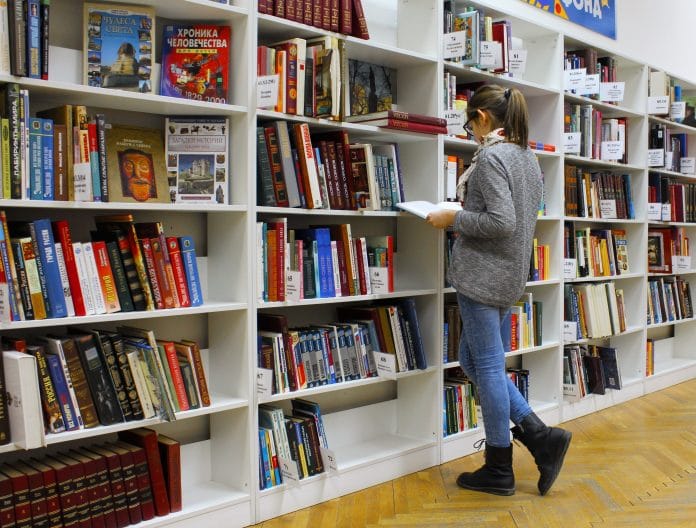New Delhi: “April is the cruellest month,” wrote American-English poet T.S. Eliot in his 1922 poem The Waste Land. Eliot’s words might seem prophetic in these times of quarantine, but TISS professor and poet Ashwani Kumar believes that April could also be a month of renewal, fecundity and, importantly, a season of poetry.
It is with this intention that Kumar, as part of a collaboration between Indian Novels Collective and Mumbai’s much-loved bookstore Kitab Khana, curated Poetry Live, a series of evenings on the shop’s Instagram page that brought together 71 poets over the course of two weeks.
Poet and critic Arundhathi Subramaniam, who inaugurated the series on 31 March with a reading of The Tent by Rumi, described the initiative as “an act of faith in poetry in troubling times”.
With the virtual space becoming a common platform every evening, both renowned, seasoned poets such as Manohar Shetty and Anna Sujatha Mathai, as well as many from the younger generation came together to perform a range of poems, including original and recent works.
For instance, celebrated poet-actor and dastango Danish Husain, currently quarantining in New York, offered lyrical storytelling of Poet Performing Poets, while Indian diaspora poet Robert Wood tuned in from Australia and recited works from his upcoming book Redgate.
Apart from creating solidarity through art during this pandemic, the evenings have also been a way to trigger conversations with the poets about the effects of the lockdown and dwell on ideas of solitude and isolation. “Generation-next poets like Saima Afreen, Sonnet Mondel and Sarabjeet Garcha suggested combining opulent spaces of solitude with bounties of extra-terrestrial hopes to counter the challenges of lockdown,” explains Kumar, author of book of poems Banaras and the Other.
Also read: In coronavirus lockdown, add the arts to essential services list
Instagram is no stranger to poetry
Although it began as a photo-sharing platform, Instagram is no stranger to poetry as an art form, and has been a go-to for many poets, much before Covid-19 and social distancing. In early April, art and culture blog and Instagram account The Alipore Post announced its own poetry month, giving daily prompts to poets and featuring their work on their page.
Indian-born Canadian poet Rupi Kaur, who shot to fame, publishing deals and bestseller lists with her debut collection of Insta poems, Milk and Honey, has been hosting live poetry writing workshops and poetry open mic nights on Instagram.
But what made the Kitab Khana sessions unique was the diverse curation of poets who work across different languages such as Assamese, Hindi, English, Hindi, Marathi, Gujarati, Tamil, Oriya, Urdu, Konkani, Manipuri, Assamese, Sanskrit and Bhojpuri. The roster also included feminist poetry by poets like Aparna Mohanty, and featured Dalit voices like those of Jayant Parmar and Basudev Sunani, who have “lent the healing touch of their powerful poetry in these difficult times of coronavirus,” says Kumar.
The foray into the virtual space through poetry has also been a first for many of the poets, including Kumar himself. “Some didn’t have smartphones, few had Instagram. Some borrowed smartphones to do the live, while others had internet or connectivity problems,” he explains. Initially, the organisers had to ask themselves if the experiment would even work. But after a bit of nervous “Are you listening, Can you hear me?”, most poets eased into it and enjoyed the experience.
The virtual nature of the event also made the organisers and owners of Kitab Khana realise that they could tap into a wider audience, the kind that may not generally go to attend actual poetry readings in cities, due to lack of time or convenience.
Poetry Live had a successful finale, with renowned American poet and Iraq war veteran Brian Turner, and Kumar himself, presenting their own original works. Kumar plans to bring out a compilation of poems read at Poetry Live. “We’d also like to use this virtual space to keep momentum going, keep writers and poets engaged,” he says, signalling there will be many more such sessions over the course of the extended lockdown, and afterwards, too.
Also read: Life beyond Netflix — this is how urban India is keeping itself entertained at home






